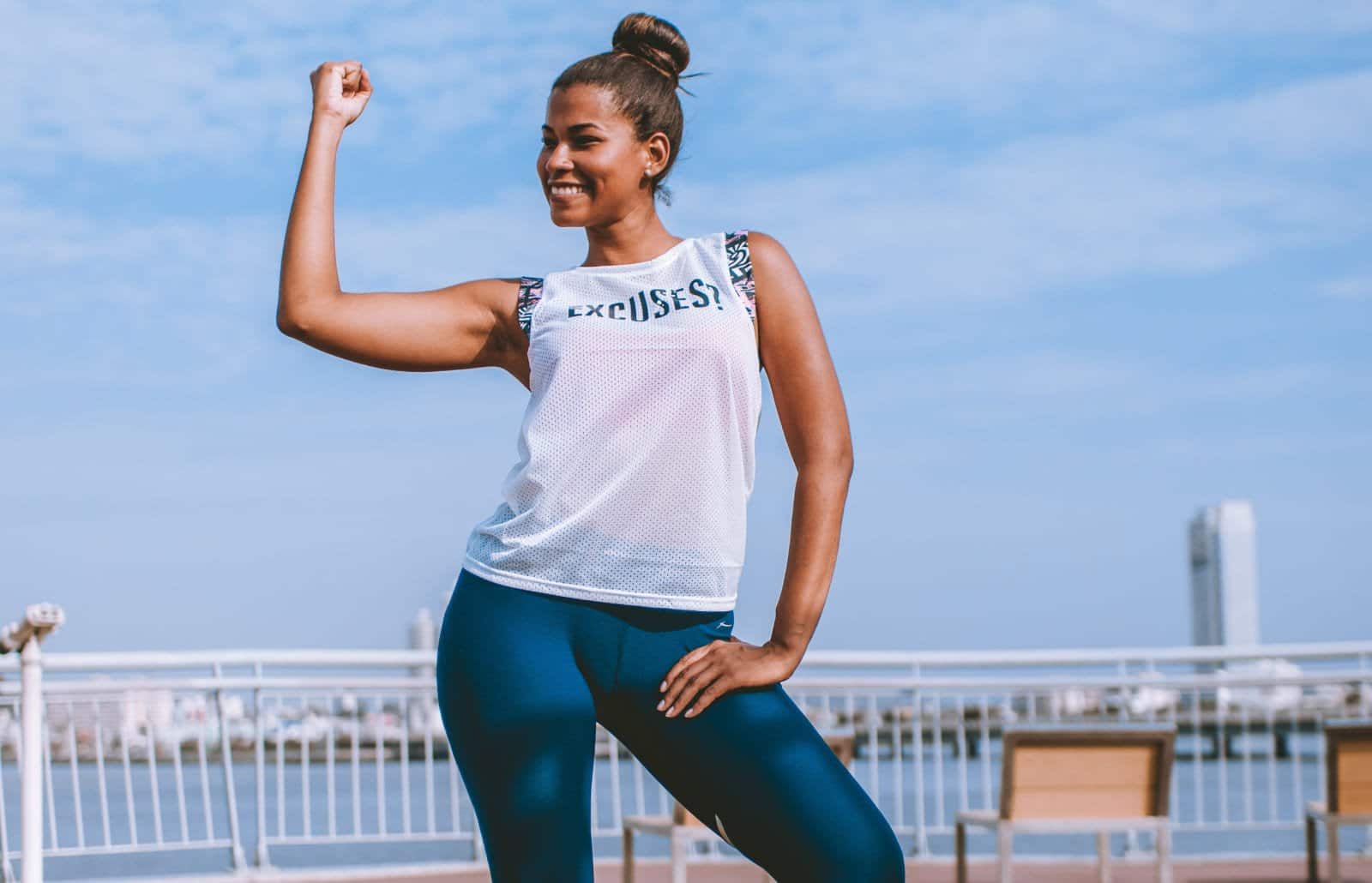
Exercise is not negotiable
Ok, you’re probably going to read this and think ‘if only it was that easy…’ but the truth is, it can be.
How many times have you heard a health professional (in fact anyone), talk about the benefits of exercise for your physical and mental wellbeing? Lots I’m guessing.
I understand that life can be busy. I get it. I’m a single mum with 3 businesses that all require a lot of my time and attention. That’s Life. There are certainly days when I catch myself making excuses not to exercise, until I remember to stop and put myself first. When I make time for myself I am far better equipped to support everyone else around me, without feeling depleted.
Self care and the connection to mental health
The truth is, when I don’t make time for myself, I find it harder to cope with the overwhelming moments that sometimes arise in life. And they do come, because no matter how much of an optimist I am, the reality is that there can’t be ups without downs. It’s universal law.
There is ample evidence from scientific studies to prove that exercise is one of the most important factors in maintaining good physical AND mental health, it’s mainstream knowledge these days – especially as we age. Exercise literally helps us live longer! It helps us maintain functional movement so we can keep doing the things we love doing, it releases natural endorphins in our bodies which help to boost our mood and energy levels, and it keeps our circulation and vital organs humming along together like a well oiled machine!
How much is enough exercise?
From years of working with people in the movement and exercise field I realised that there’s a misguided sense that unless you can dedicate an hour to exercise a few times a week, there’s no point in trying to do any at all. This is not true, we must change this mindset. ANY exercise is better than NO exercise. Full Stop.
Yes the official guidelines say you need to do 150–300 minutes of moderate intensity physical activity each week, or 75-150 minutes of vigorous intensity physical activity each week, but you don’t have to go from zero to hero and get all extreme! In fact, extreme exercise is often not sustained – which can lead to cycles of bouncing between ‘going hard’ for a while and then ‘not going at all’. Is this what you want? Or would you like to know how you can bring exercise into your life so it’s maintainable and even enjoyable?
Let’s look at mindset first. In reality, you CAN actually do some exercise each day. I mean, it IS possible and you ARE capable (if your physical mobility is limited I encourage you to seek the necessary support from a relevant allied health practitioner such as a physio, osteo, OT – or even your local clinical pilates studio). It’s incredible just what the body IS capable of doing if the mind plays along. So how do we break our old ‘too busy’ or ‘it’s too hard’ mindset?
One simple way to do that is to reframe our ideas about how much time we actually need to exercise, and how simple that exercise actually can be. Remember, ANY exercise is better than NO exercise! I often ask my clients who struggle finding time for mindfulness or meditation, or even pelvic floor exercises – to integrate these practices with something that they already do daily. That way they are not trying to ‘find’ time.
For example, I get clients to do their pelvic floor exercises every time they stop at a red light when they are driving, or to take a ‘pause moment’ with a deep breath, every time they have a sip of water. There’s no room for excuses because we are already doing these things regularly every day.
ANY exercise is better than NO exercise
When we can really shift our expectations on ‘what’ exercise is and how much we ‘should’ be doing, it’s much easier to see that we CAN actually achieve daily exercise. Start small and build things up as you feel to. The key to maintaining any exercise routine is making it achievable.
Where to start
Think about all the little ‘routine’ things you do EVERY day, and re-wire your brain to associate that action with a small exercise – by doing it OVER AND OVER again. It might seem a bit weird initially and you may feel silly thinking ‘if only they could see me now!’, but with the repetition of joining the action with the exercise every day, you will find it becomes part of the habit – and you will be doing regular exercise without feeling like you have to try. These are just some examples, but you can get creative and come up with your own.
Remember that this can be your starting point and you can build on this. Often I see clients feeling so good once they create new maintainable habits (meaning not extreme), that they can easily create more room and allocate more time for exercise, because they are realising the difference it makes in their lives. Even a tiny bit of regular movement. Yes.
So, are we really ‘too busy’ or does exercise have to be ‘too hard’? It depends on your mindset and how much you care about yourself. Your body is physically capable. Exercise doesn’t have to be complex. Habits can be changed. You decide…
***For new mums, always see your GP for the 6 week postnatal check up. I also highly recommend a visit to a woman’s health physio for a pelvic floor assessment – prior to returning to exercise safely.
